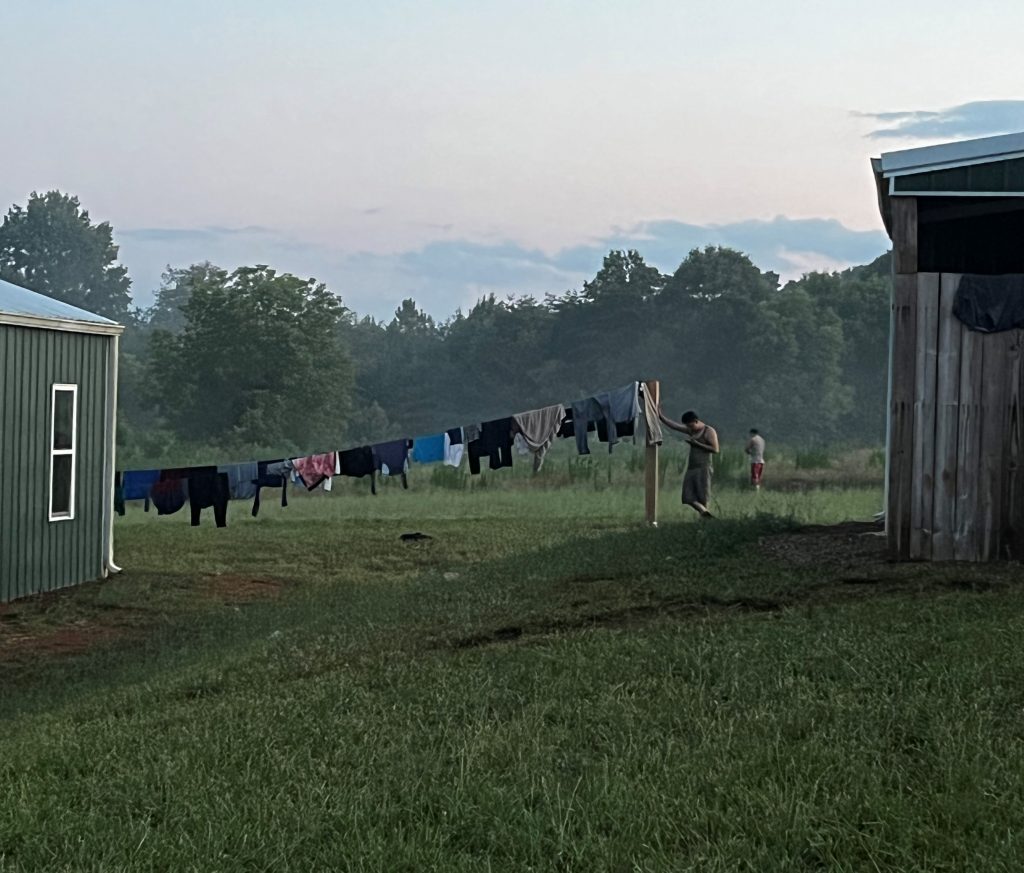The farmworker community is diverse, made up of various cultures, ethnic groups, genders and ages. They work long hours, sometimes under adverse weather conditions, to prepare, cultivate and till the soil, plant and harvest crops, and process crops for market or storage.
Farmworkers work in fields, nurseries, greenhouses and reforestation. They may harvest fruit and vegetable crops, wild plants and Christmas trees. They may be migrant, H-2A (with a temporary work visa), or seasonal workers.
Migrant and H-2A Workers
Migrant workers are defined as individuals who are required to be absent overnight from a permanent place of residence for the purpose of seeking employment in agricultural work and who have been so employed within the last 24 months. Migrant farmworkers may travel from other states, alone or with their families, or arrive from other countries as a guest worker with an H-2A visa.
Migrant farmworkers recruited from other countries to do agricultural work in the United States under the H-2A program are known as H-2A guest workers. The U.S. Department of Labor makes available temporary visas under the H-2A Agricultural Program to allow farmers who anticipate a shortage of domestic workers to bring non-immigrant, foreign guest workers legally to the United States to perform agricultural work for a season. North Carolina is one of the largest users of this type of temporary agricultural visa with between 14,000 and 17,000 H-2A workers annually.
The North Carolina Growers Association is one of the oldest institutions to bring H-2A workers to the state. In recent years, more entities like the Growers Association are emerging to provide workers to North Carolina farmers. Migrant farmworkers who work for the same grower year after year may bring family members and friends, as the labor needs demand.
Some farmworkers come with and work for a crew leader—an individual who works independently to recruit workers from other countries or states to work as farm laborers. These individuals often serve as a middleman between the farmworker and the farmer, providing transportation, labor, housing and other services for a fee. Crew leaders must have a license to employ farmworkers.
To learn more about the H-2A Agricultural Visa Program visit the US Department of Agriculture.
Seasonal Workers
Seasonal farmworkers are individuals who are employed in agricultural work but do not move from their permanent residence to seek agricultural work. They may work in agriculture at least 50% of their time and also have other sources of employment during the non-agricultural season.
Article: Migrant Farm Workers: Our Nation’s Invisible Population by Eduardo Gonzalez, Jr.
